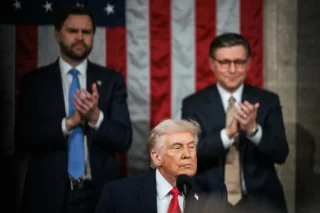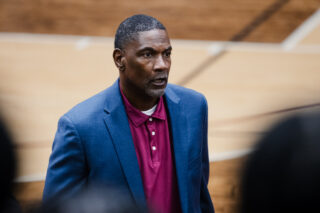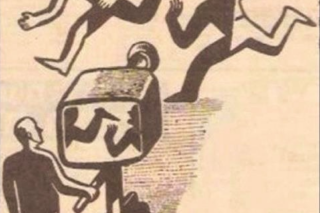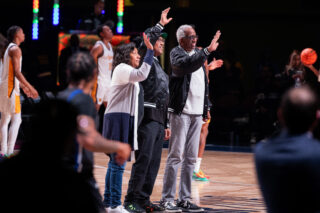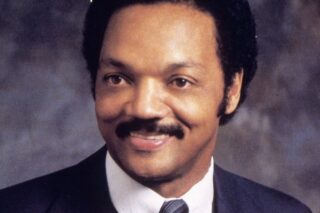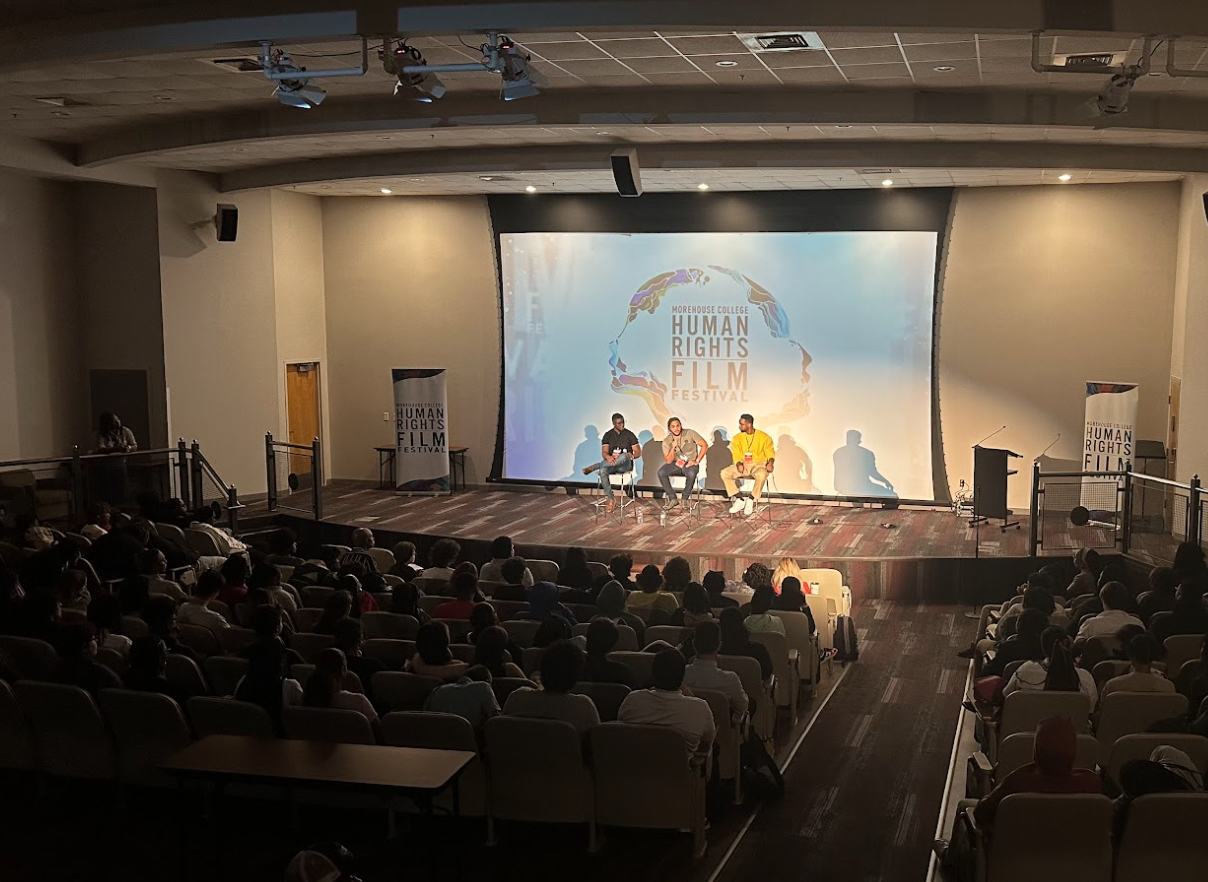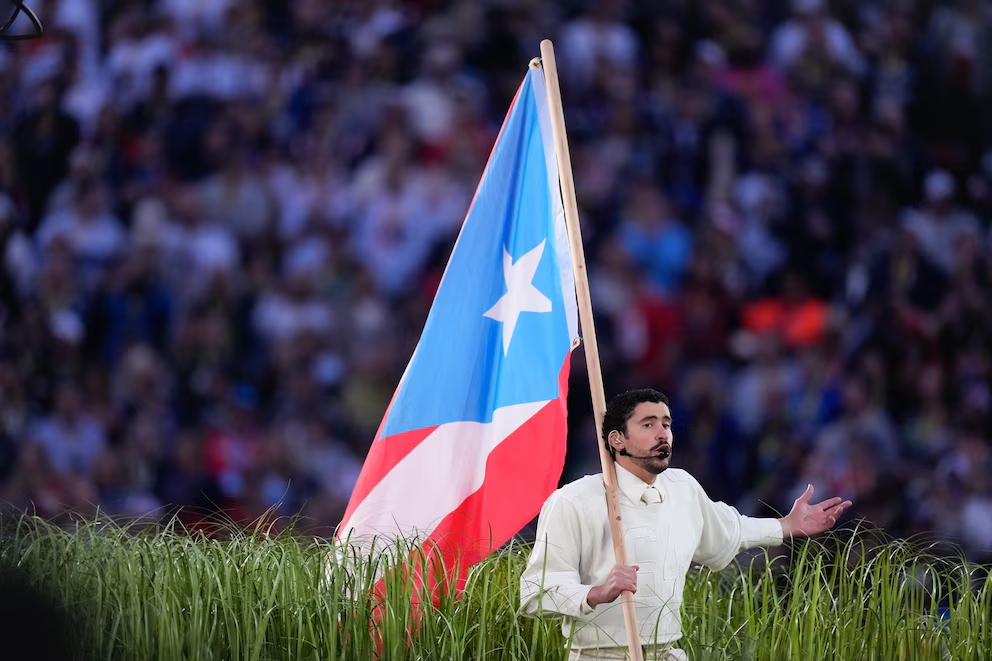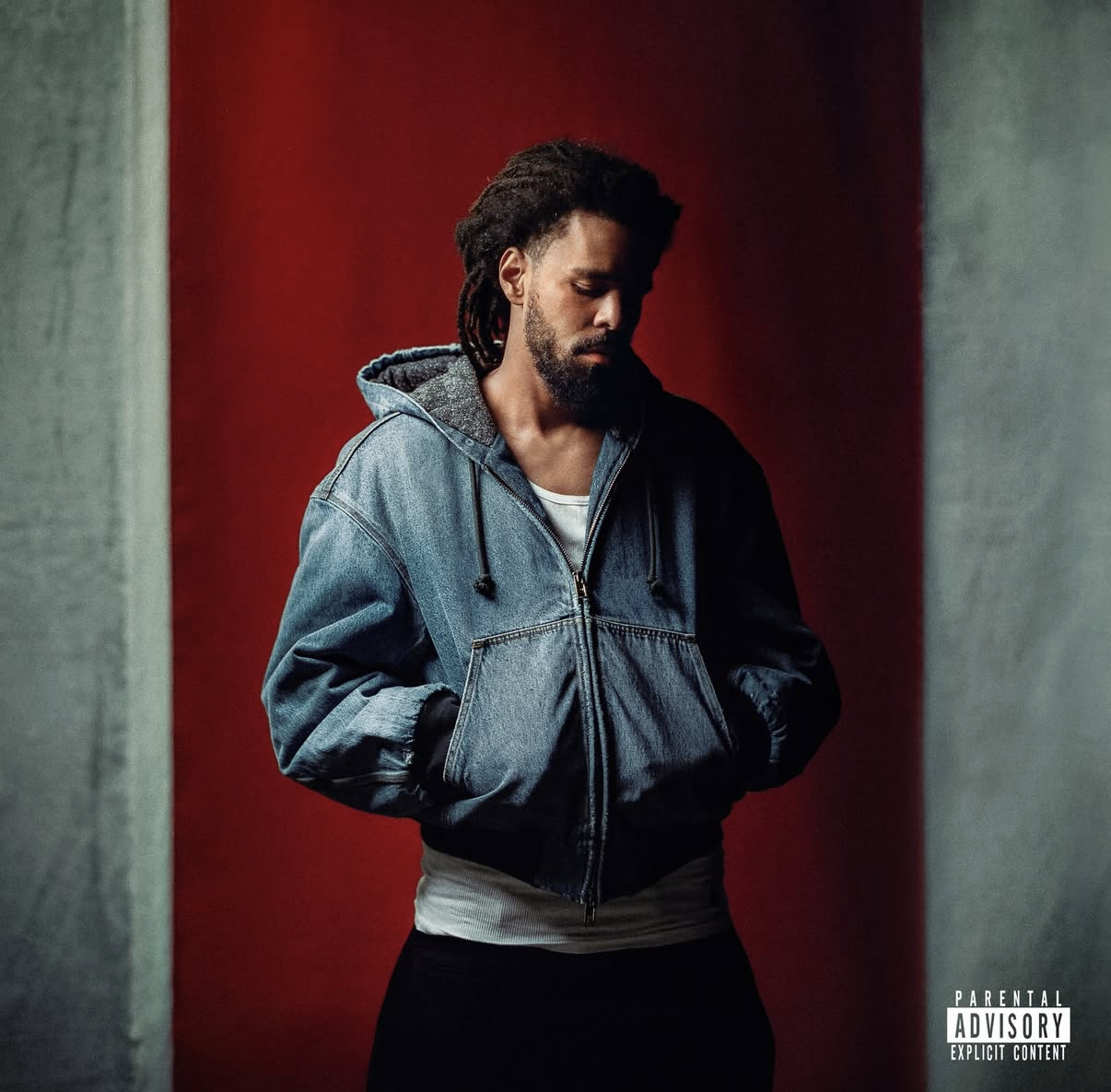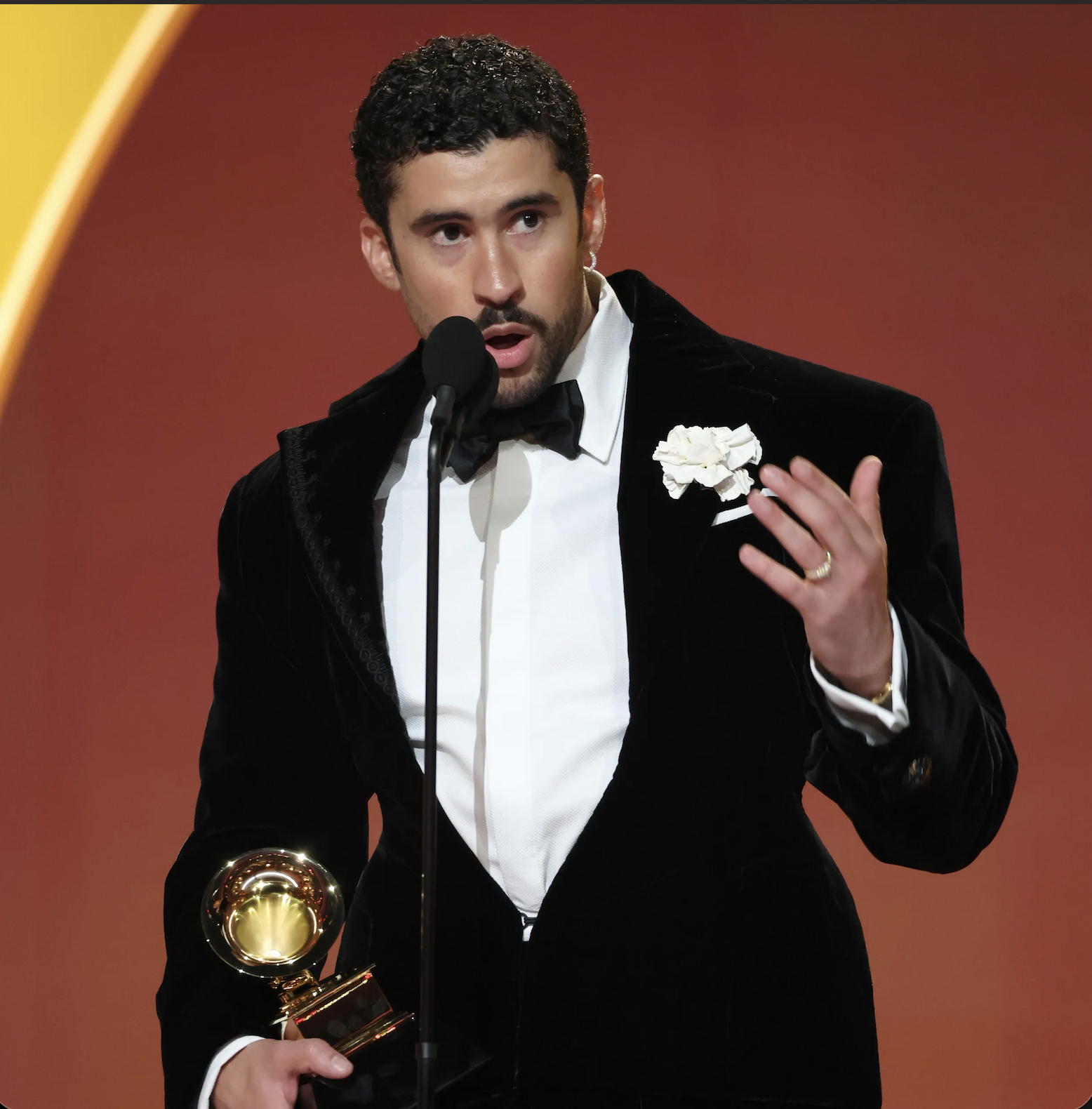Image via Morehouse College Human Rights Film Festival
By: Unimashi Akande, Staff Writer
The Morehouse College Human Rights Film Festival celebrates filmmakers who use filmmaking to challenge norms, question power structures, and advocate for marginalized communities. From Sept. 19-23, the festival was ably led by Executive Director Kara Walker and Event and Content Manager Jenn Sapp. Participants at the festival had the unique opportunity to showcase their films and engage in group discussions about their movies, details and nuances of their work at the Shirley Massey Executive Convention Center.
The program aims to engage high school students by introducing them to aspects of the film industry beyond mainstream theaters or becoming known actors and actresses.
“When I was in high school, I didn’t know that filmmaking was a potential career that I could go into, so I want to teach students that this is a very fruitful career and that There are many different things that they can do within the film industry that’s not necessarily being a prominent actress or actor,” Jenn Sapp said, Content Manager for The Morehouse College Human Rights Film Festival.
This was held at Morehouse for its legacy of social activism and commitment to human rights in conjunction with Atlanta having a rich civil rights history.
“Morehouse, with its rich history in social activism and human rights, was the perfect location. Atlanta is the perfect city. And that when there’s something that you’re looking for that doesn’t exist, then it’s an opportunity to create that,” Walker said.
The main goal behind this program is to provide a platform for filmmakers who create projects centered around rights and social justice. The festival offers them an opportunity to showcase their work and engage in conversations often impossible at other film festivals. It serves to educate, inspire, enlighten, and foster positive change.
Through this festival, individuals explore perspectives they may not have considered before or gain knowledge about new subjects.
“This festival allows for people to have a safe space to talk about the work And gives audiences the opportunity to consider things they may not have considered before, or be enlightened or be educated about something that they didn’t know about,” Sapp said.
The filmmakers can submit films centered around rights or social justice topics with categories including Documentary Shorts, Narrative Shorts, Documentary Features, Narrative Features, and Student Film. A team of screeners carefully reviews all the submissions to help determine which ones will be showcased on the stage.
This year’s winners include The “Palm Sunday” film by Wes Andre Goodrich, which won the Best Student Film and Dream Maker Award, and “Speak Up Brotha” by Wes Andre Goodrich, which won the Best Narrative Short award. “Elephant” by Chinwe Okorie was awarded the 1st Runner-Up for Best Narrative Short, and “Ifine” took home the Best Documentary Short award. “Honor Student” by Tamika Miller received the Best Narrative Feature award, and “Teacher” by Adam Gacka was recognized as the Best Documentary Feature.
Current events also have an impact on the film selection process. Issues such as Roe v Wade and the ability of businesses to discriminate against LGBT+ individuals greatly influence the types of films chosen.
“The current events guide the filmmakers to what they’re going to make, but there are also films highlighting stuff that happened years ago. For example, over the past couple of years, many films have focused on COVID- 19,” Walker said.
While it is called the Morehouse College Human Rights Film Festival, its focus extends beyond our constituents from black colleges and universities . The festival aims to attract an audience from Atlanta and beyond – people who travel distances and even international visitors from nearly 33 countries.
“We’re not just focused on our constituents that come from HBCUs; we offer free programming to our faculty staff and students in the AUC center, but we do have a great bigger audience that comes from Atlanta and includes people through who travel far and wide,” Sapp said.
The Morehouse College Human Rights Film Festival collaborates with festivals and film-related organizations, including the Atlanta Film Festival, Atlanta Jewish Film Festival, Morehouse Movement, Memory, Justice Project, and the Andrew Young Center for Global Leadership. By partnering with these entities and utilizing platforms like Film Freeway, they can expand their reach beyond boundaries and welcome participants from all backgrounds.
Walker and Sapp are planning to take the program to schools and cities in order to expand its reach. Their aim is to raise awareness about Morehouse’s efforts in arts and activism, and promote the human rights film festival. Furthermore, they plan to organize community dialogue sessions to facilitate meaningful conversations about the issues at hand.
“We’d love to take the festival into high schools and on the road to different cities, also to increase awareness about what Morehouse is doing in this area of arts and activism,” Kara Walker said. “We also plan to increase our community dialogue sessions with a facilitator discussing a specific topic that was raised in a film.”
Copy Edited by: Auzzy Byrdsell, Editor in Chief
`

